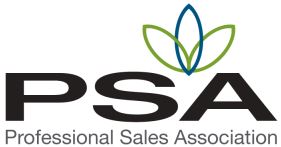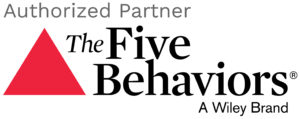In the movie With Honors, Monty Kessler is a Harvard student working tirelessly to graduate with honors. His entire focus is on completing his senior thesis, a paper he believes will prove his intelligence and set him up for future distinctions and career success. However, when Monty meets Simon Wilder, a homeless man who challenges his worldview, he begins to understand that life’s true value lies in people and relationships, not in grades or titles.
At the heart of the story is Monty’s life-changing decision to spend time with Simon on the day he dies, even though it means missing the deadline for his thesis and forfeiting the chance to graduate “With Honors.” While this choice comes with consequences, it also reflects Monty’s growth and his newfound understanding of compassion, regret, and the importance of human connection. Simon’s life, filled with mistakes and lessons, becomes a mirror for Monty to evaluate his own priorities.
At the start of the film, Monty is consumed by academic success and societal expectations. Like many students, he measures his worth by grades and accomplishments, influenced by a system that prioritizes rigid standards and outdated practices over individual growth and compassion. This environment often reflects the self-serving interests of those who uphold it—educators more focused on validating their own status than fostering true empathy and understanding. However, as Monty builds a friendship with Simon, his narrow view of success begins to change.
Simon, though homeless and terminally ill, is rich in wisdom and honesty. His life is marked by mistakes and regrets—his son has rejected him, cutting Simon off from his family. Yet, Simon has gained valuable insights through his struggles. Despite being estranged from his son, Simon learns he has a granddaughter, a connection to the family he lost. This revelation adds a layer of both tragedy and hope to Simon’s character, showing the pain of his past and the enduring legacy of his existence.
Simon’s story teaches Monty that life isn’t about perfection or external judgment—it’s about kindness, acceptance, forgiveness, and making the most of the time we have on earth. Simon’s mistakes and resilience serve as lessons for Monty, helping him realize that success isn’t about achieving high grades and degrees, but about being a good person and valuing the people around him.
When Simon is on his deathbed, Monty chooses to stay with him instead of rushing to submit his thesis. This act of compassion marks Monty’s transformation. By prioritizing Simon’s needs over his own ambitions, Monty demonstrates that he has grown beyond the narrow, achievement-focused mindset he began with. Though he loses the chance to graduate with honors, he gains something far more meaningful: the understanding that life is about connection and humanity, not titles, degrees and accolades.
The film also critiques a society that often prioritizes policies and rules over compassion and relationships. Harvard’s decision to deny Monty his honors degree because of a missed deadline reflects a rigid system that values bureaucracy over discernment, good judgement and understanding. This moment highlights a broader issue: how often we let rules and achievements overshadow the deeper, more important aspects of life.
In the end, Monty doesn’t graduate with honors, but he walks away with a much greater sense of purpose. His past friendship with Simon helps him realize that true success lies in how we treat others and what we learn from the relationships we build. With Honors reminds us that life’s greatest achievements are not found on paper but in the connections we make and the compassion we show to others.
Thought-Provoking Questions Inspired by With Honors
- What defines success for me—external achievements like awards and titles, or the quality of my relationships with the people who matter most?
Reflect on how much weight you place on societal measures of success compared to the value of meaningful connections in your life. - Am I prioritizing what truly matters, or am I letting deadlines and expectations overshadow the people and moments that bring me joy?
Consider whether your current focus aligns with what you believe is most important in life. - How do I handle mistakes or regrets in my life? Do I let them define me, or do I use them to expand my connection with others?
Evaluate your relationship with your past mistakes and whether you see them as opportunities for growth. - What legacy do I want to leave behind: a list of accomplishments or the impact I’ve had on the lives of others?
Imagine how you want to be remembered and whether your current actions reflect that vision.






